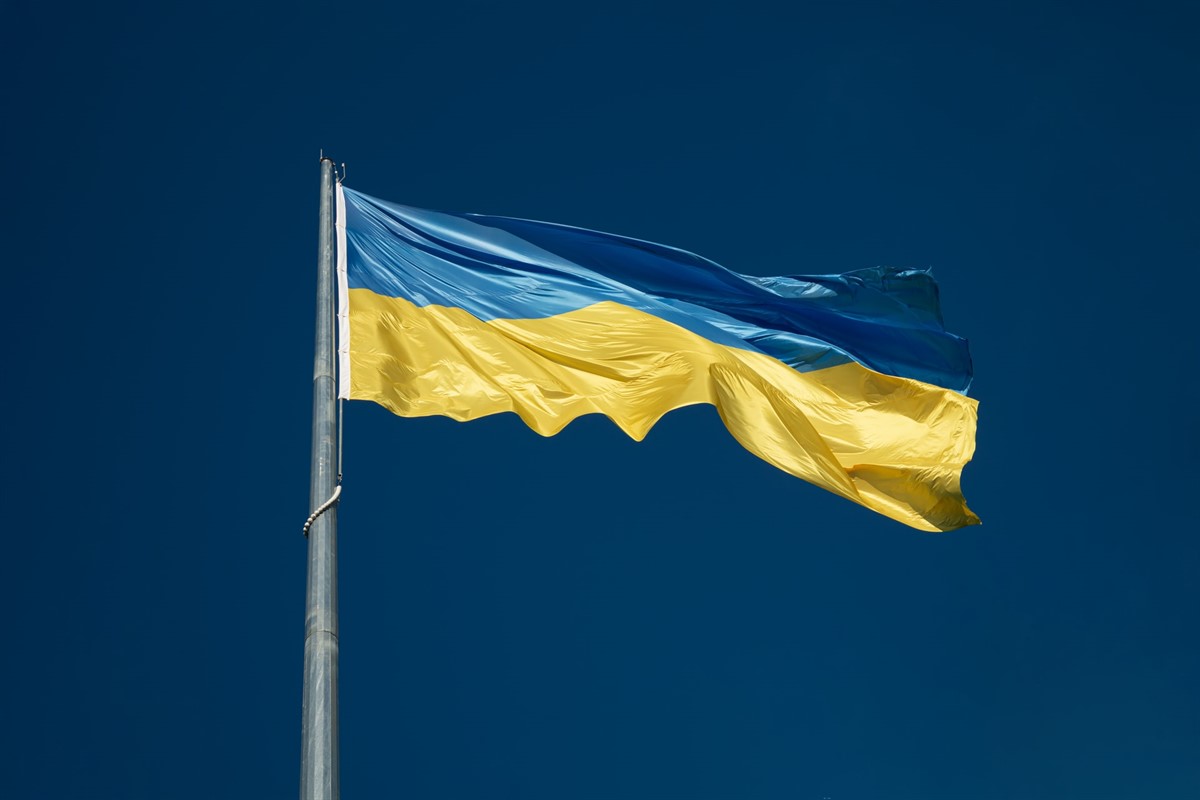When Russia illegally invaded Ukraine in February 2022, the EU granted Ukraine duty free, quota free access to their markets for all agricultural products for a 12-month period. These arrangements were renewed for a further 12 months from June 2023.
A deal brokered by the UN and Turkey in July 2022 was successful in keeping open Ukraine’s main export routes for grain from Black Sea ports to traditional markets in Africa and the Middle East. However, during 2022 and 2023 neighbouring countries of Ukraine experienced an increase in imports of a range of Ukrainian agricultural products, putting pressure on markets and prices in countries nearest to Ukraine. This resulted in months of blockades at the Ukraine-Poland border, with Polish farmers protesting the imports of Ukrainian agri-food products.
Russia’s decision not to renew the Black Sea Grain initiative in July 2023 forced Ukraine to find alternative export routes thereby increasing deliveries to nearby countries in the EU. This led to Poland, Slovakia, Hungary, Romania and Bulgaria to restrict imports from Ukraine for a range of products. This set the scene for tense negotiations between the Council representing Member States and the European Parliament on a further round of trade preferences for Ukraine. An agreement was reached in April 2024.
The compromise reached sees:
- Imports of eggs, poultry, sugar, groats, oats, honey and maize subject to ceilings based on average trade volumes in the period July 2021 to December 2023 with the import duties applied to quantities imported above the ceilings;
- The possibility for the Commission to take swift action and impose any measures it deems necessary should there be significant disruption to the EU market or the markets of one or more EU member states due to imports from Ukraine;
- Reinforced monitoring of imports of cereals and oilseeds from Ukraine.
The new arrangements will apply from 6 June 2024.
Both Ukraine and the EU agree that this will be the last extension of the temporary trade measures. The Commission has committed to take the necessary steps to pursue “the process of reciprocal tariff liberalisation” under Article 29 of the EU’s Association Agreement with Ukraine.
